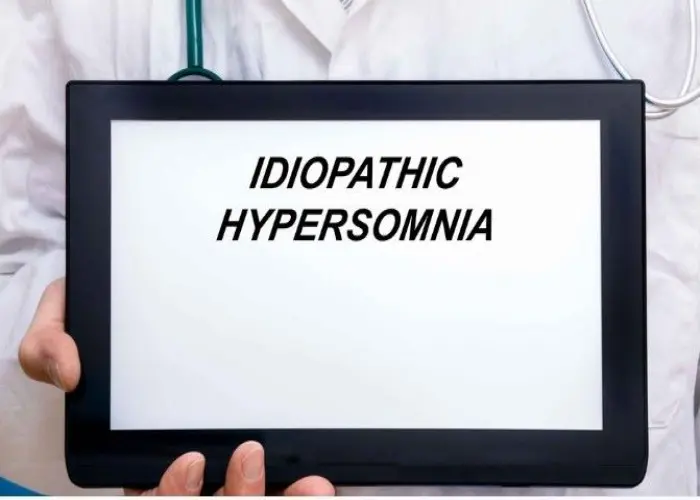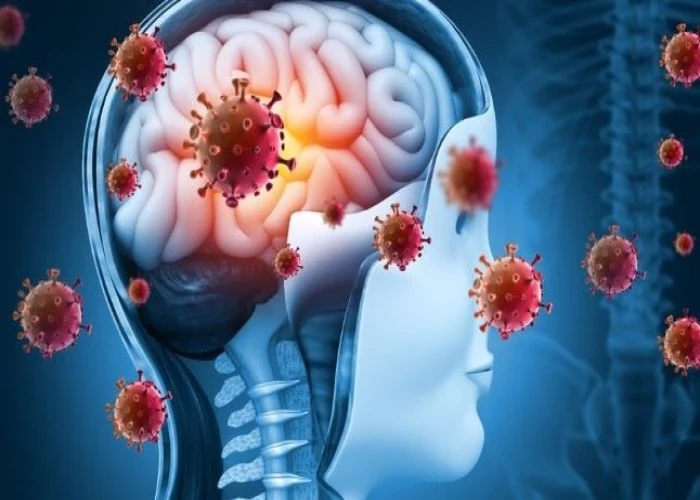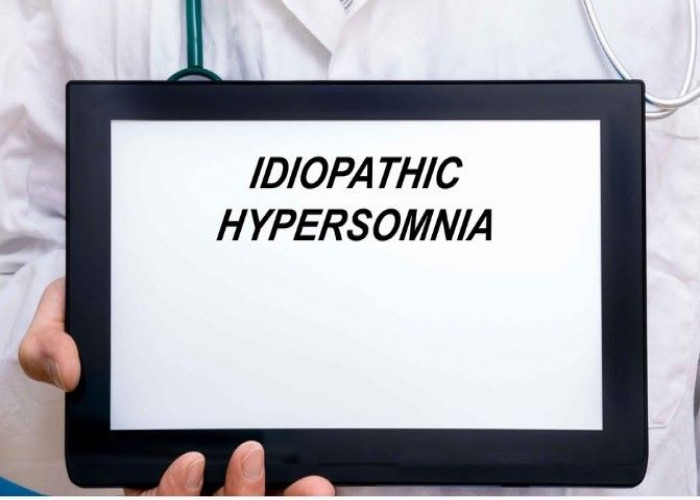 Welcome
Welcome
“May all be happy, may all be healed, may all be at peace and may no one ever suffer."
Idiopathic hypersomnia

Idiopathic hypersomnia is a sleep disorder characterized by excessive daytime sleepiness that is not caused by another underlying medical condition or medication use. It is a rare disorder that affects approximately 5-10 people per million.
People with idiopathic hypersomnia typically feel excessively sleepy during the day, despite getting an adequate amount of sleep at night. This excessive sleepiness can interfere with daily activities and may cause difficulty staying awake at work or while driving. Other symptoms may include difficulty waking up in the morning, long and unrefreshing naps, and cognitive impairment.
The exact cause of idiopathic hypersomnia is not fully understood, but it is thought to be related to a dysfunction in the brain's wake-promoting systems. It is also possible that genetics may play a role in the development of the disorder.
Treatment for idiopathic hypersomnia typically involves the use of stimulant medications, such as modafinil or methylphenidate, to help improve wakefulness during the day. Lifestyle modifications, such as maintaining a regular sleep schedule and avoiding alcohol and caffeine, may also be helpful in managing symptoms.
Living with idiopathic hypersomnia can be challenging, both physically and emotionally. It is important for people with the condition to work closely with their healthcare providers to develop a personalized treatment plan that addresses their unique needs and concerns. Support from family, friends and peer groups can also be helpful in managing the condition and maintaining a positive outlook.
Research Papers
Disease Signs and Symptoms
- Excessive sleepiness
- Excessive daytime sleepiness
Disease Causes
Disease Prevents
Disease Treatments
Because the cause of idiopathic hypersomnia isn't known, the treatment is aimed at easing symptoms. Stimulant medication, such as modafinil (Provigil), might be prescribed to help you stay awake during the day.
In addition, your doctor might recommend that you develop a regular nighttime sleep schedule and avoid alcohol and medications that can affect your sleep.
Disease Diagnoses
Disease Allopathic Generics
Disease Ayurvedic Generics
Disease Homeopathic Generics
Disease yoga
Idiopathic hypersomnia and Learn More about Diseases

Latex allergy

Thoracic outlet syndrome

Meningitis

Chronic fatigue syndrome

Torn meniscus

Pectus carinatum

Food allergy

Stomach cancer
idiopathic hypersomnia, ইডিওপ্যাথিক হাইপারসমনিয়া
To be happy, beautiful, healthy, wealthy, hale and long-lived stay with DM3S.
